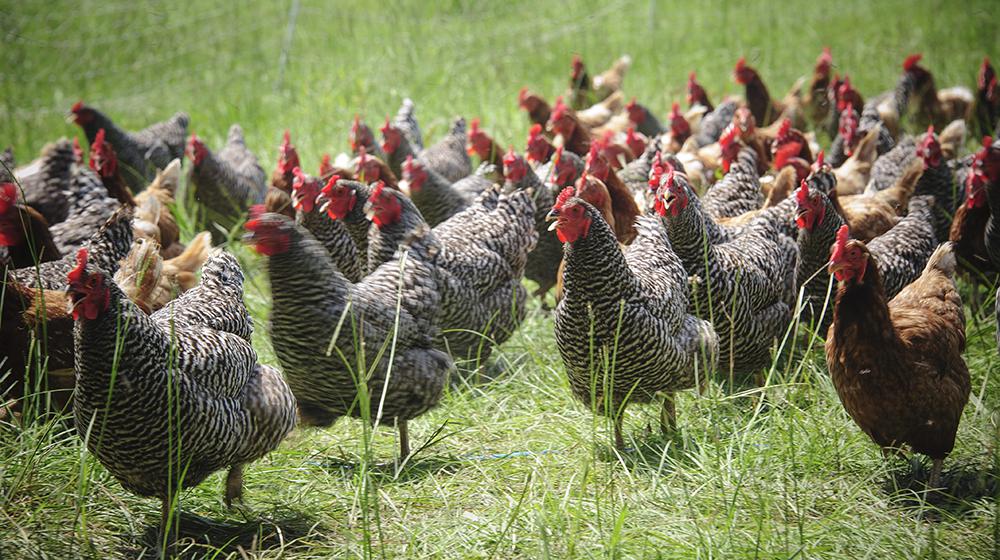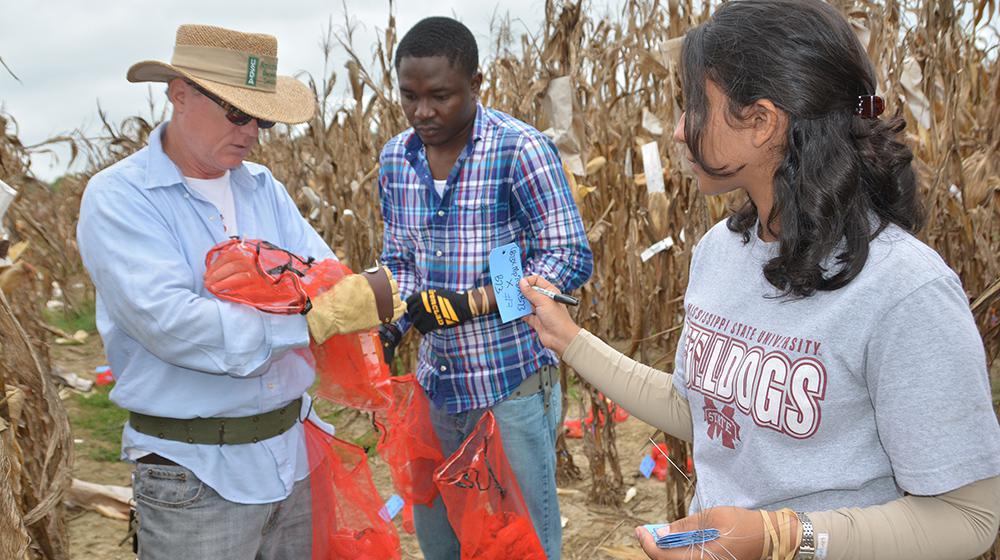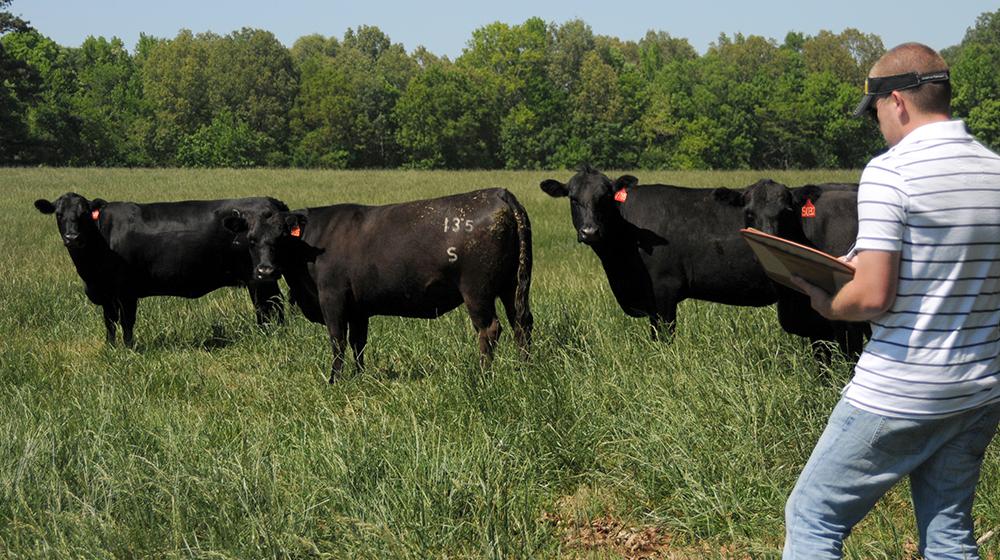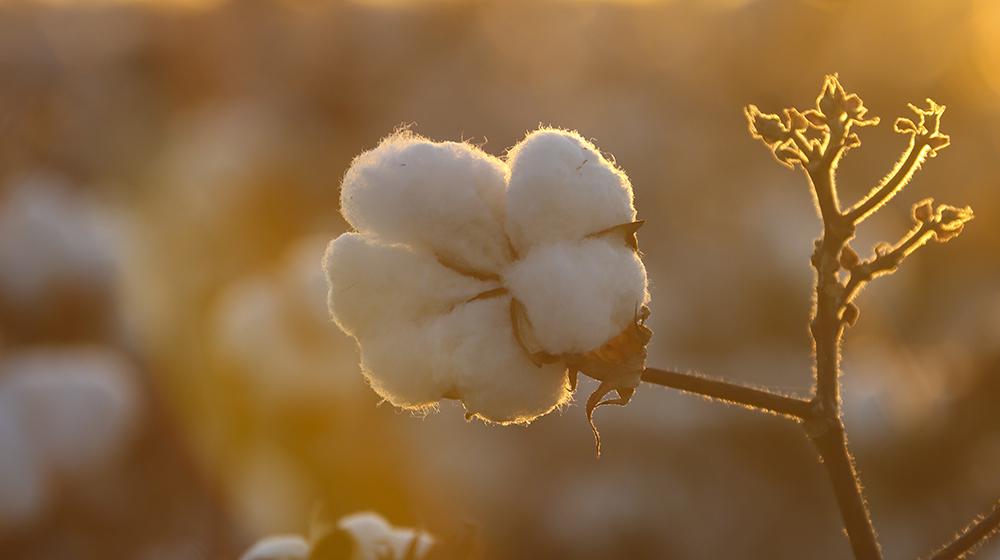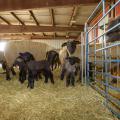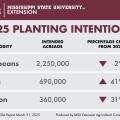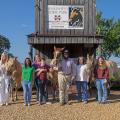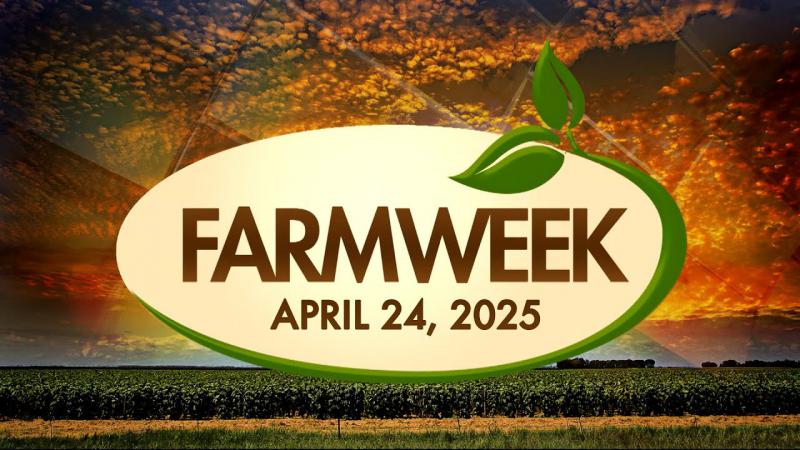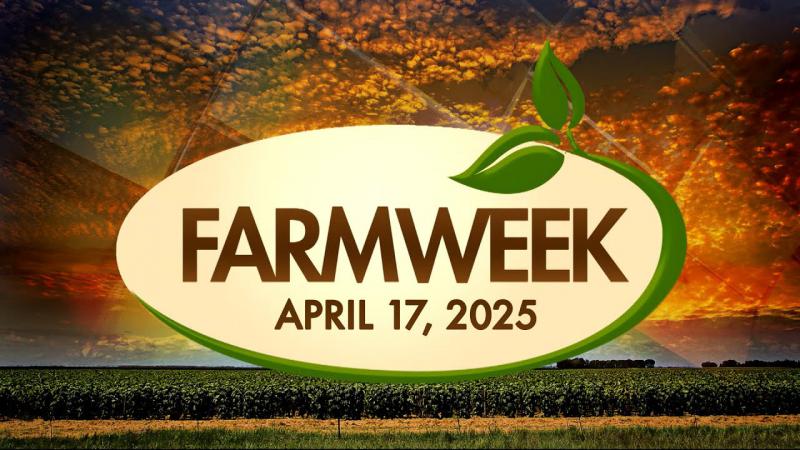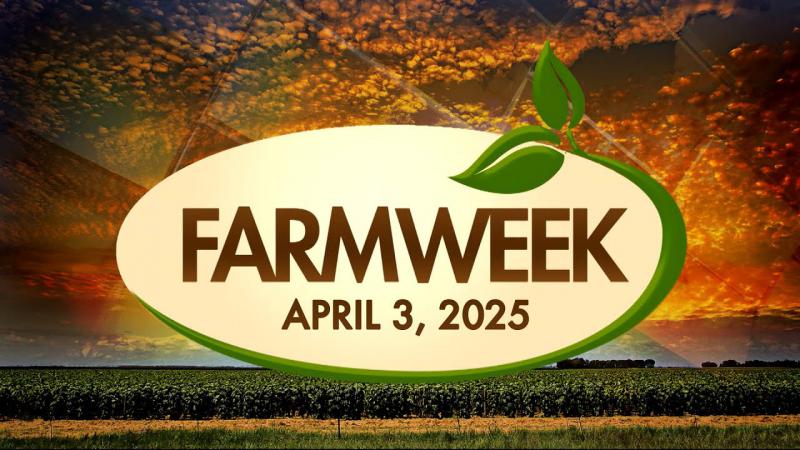Agriculture
For 100 years, the Mississippi State University Extension Service has provided practical, research-based education to farmers and agri-business owners.
MSU Extension’s Agriculture and Natural Resources program supports the largest sector of Mississippi’s economy. Agriculture and forestry account for up to one-third of the state’s gross economic product, with a farm-gate value of more than $7 billion.
Our experts are scientists and educators who take university research and turn it into real-world education you can trust. Extension programs help the state’s food and fiber producers provide quality farm and forest commodities, safer food supplies, and new value-added products. In turn, Mississippians benefit from Extension education offered in all 82 counties.
Publications
News
STARKVILLE, Miss. -- Sheep and goat producers, researchers and industry professionals will convene at Mississippi State University June 13-14 for the sixth annual Small Ruminant Conference.
STARKVILLE, Miss. -- Row crop producers who reported financial loss in 2024 may be eligible for economic assistance through a U.S. Department of Agriculture resource.
STARKVILLE, Miss. -- Row crop growers in Mississippi expect to plant more corn in 2025 than they did last year, but not as much cotton or as many soybeans.
Success Stories
Horse riding for children. Horse riding for veterans. Horse riding for special needs and behavioral health.
Fenton Pope looked around his native Covington County a quarter-century ago and saw what he believed was an alarming amount of farmland out of production.


